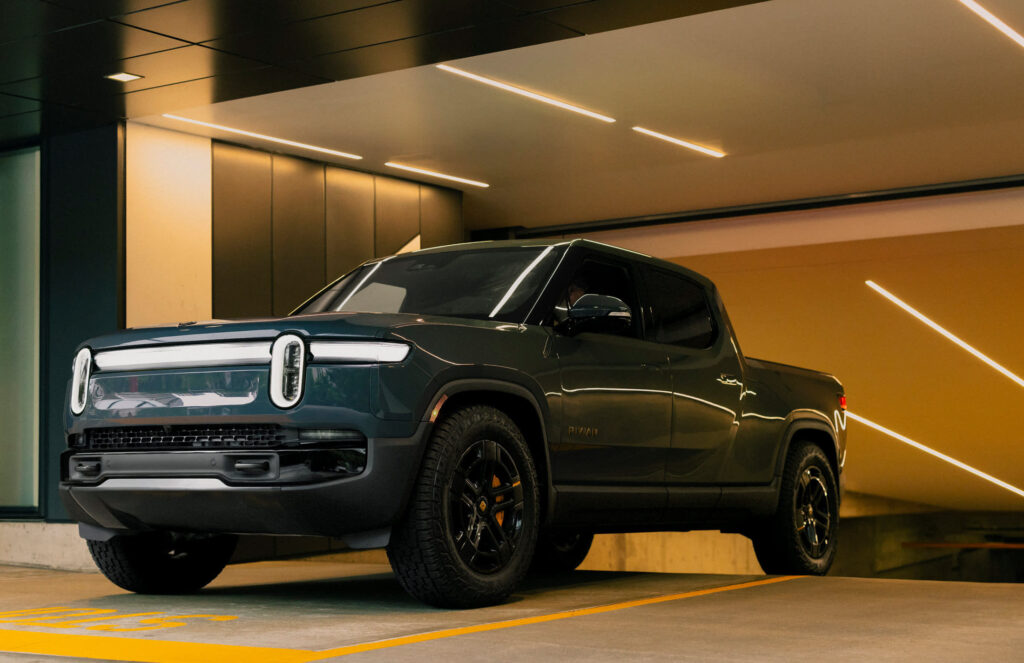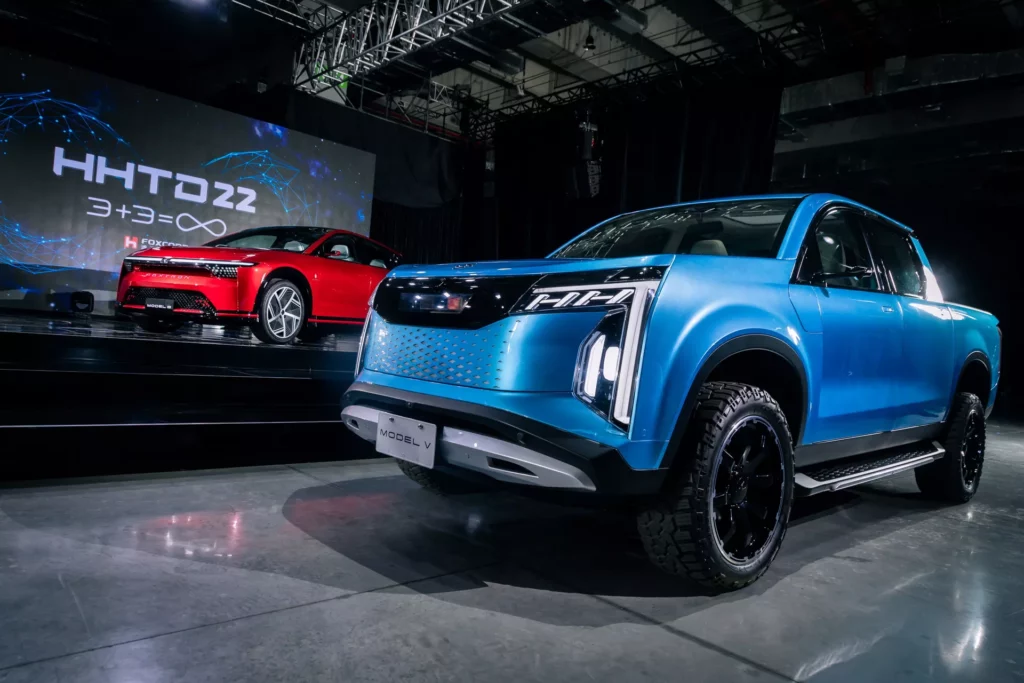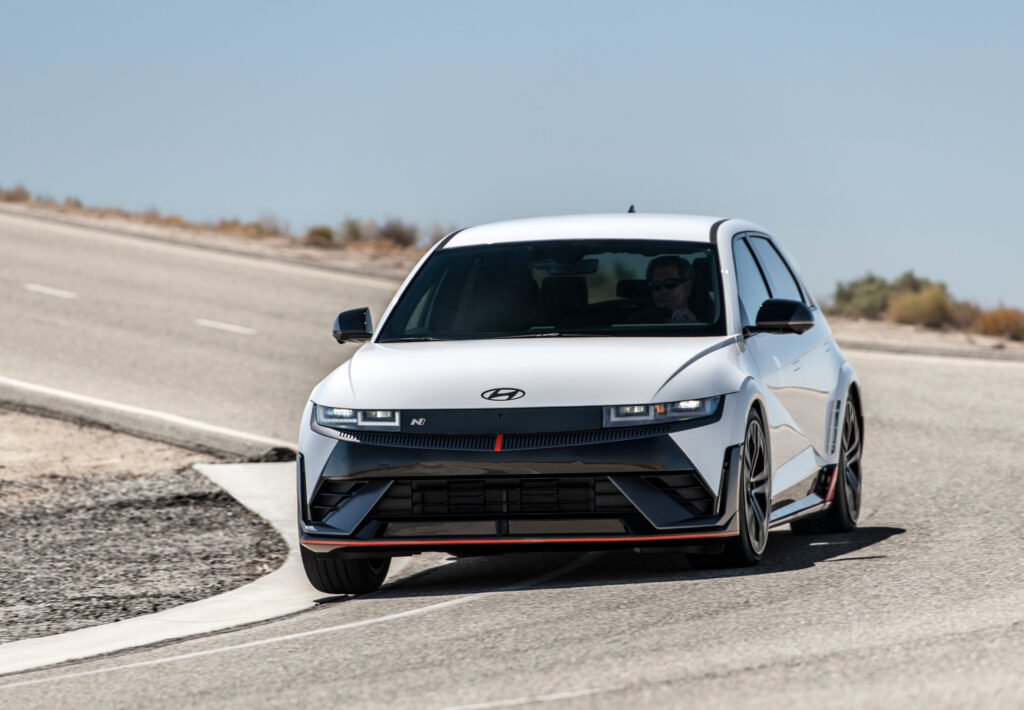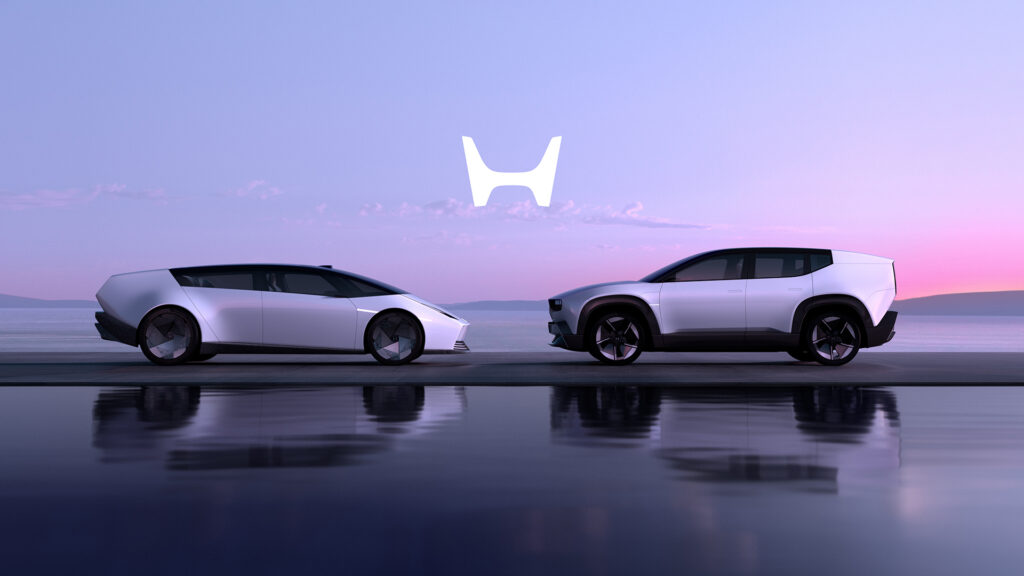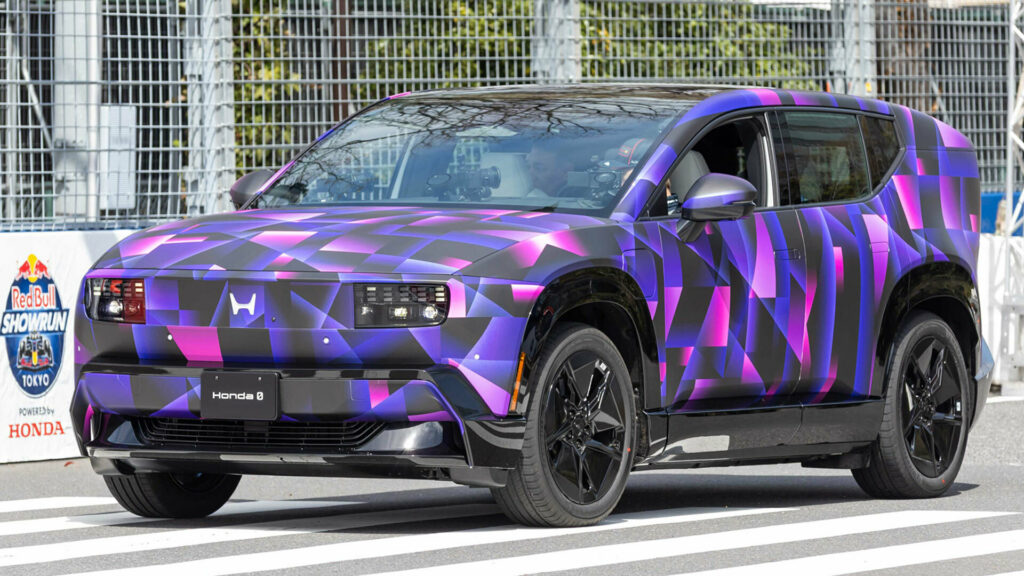This CEO Just Called Out The Biggest Threat To EVs And It’s Not Trump
- RJ Scaringe says major OEMs are “so anti-EV,” despite their public-facing statements.
- Rivian’s CEO believes ending federal EV tax credits could actually benefit the company.
- He added that policy changes won’t ultimately change anything, as EVs will prevail.
Electric vehicles may be at the center of the automotive industry’s future, but the road to widespread adoption remains anything but smooth. Most legacy automakers say that they are huge fans of electric vehicles and want nothing more than for them to dominate the auto industry and to be in every motorist’s garage.
However, according to Rivian CEO RJ Scaringe, the biggest resistance to electrification isn’t coming from political opposition, but from the industry’s very own heavyweights.
Read: Rivian’s New R1 Quad Has 1025 HP And Tesla Charging
Since returning to the White House for a second term, President Donald Trump has made EVs a frequent target. Even before getting elected, Trump promised to scrap the ‘EV mandate’, even though no such mandate technically existed. He followed through with the One Big Beautiful Bill Act, which eliminated both new and used EV tax credits.
Perhaps surprisingly, Rivian CEO RJ Scaringe doesn’t appear overly concerned with recent policy changes. Speaking with Business Insider, he downplayed the impact of political shifts. “Policy changes, in the end, don’t change anything,” he said.
His view is that recent shifts may even benefit Rivian and its competitors in the EV-first space “I think that the move away from some of the tailwinds that were previously in place for electric vehicles is actually good for Rivian, it’s good for Tesla, it’s bad for the US auto industry, and it’s bad for my kids,” Scaringe added.
Since neither the R1S nor the R1T qualified for the $7,500 credit to begin with, Rivian isn’t directly affected by the change. Scaringe’s focus lies elsewhere, as he is much more concerned with legacy carmakers.

The Fight Against OEMs
“We’re basically on an island fighting all the other OEMs,” he told BI. “They would never say this publicly, because publicly they’re pro-EVs — but the biggest adversaries against electrification are big OEMs. So we fight that hard. It’s so frustrating to see companies talk out of both sides of their mouth when they say they’re pro-electrification, but they’re just gloves off on the policy side. So anti-EV.”
It’s easy to understand where Rivian’s boss is coming from. Executives from many US carmakers frequently change their positions depending on which political party is in power and which policies will impact them in the short term.
Earlier this year, GM pushed tenaciously to stop California from having the ability to set its own emissions standards. Soon after, they got what they wished for, as Senate Republicans voted to strip the state of its authority to determine its own vehicle emissions rules.
